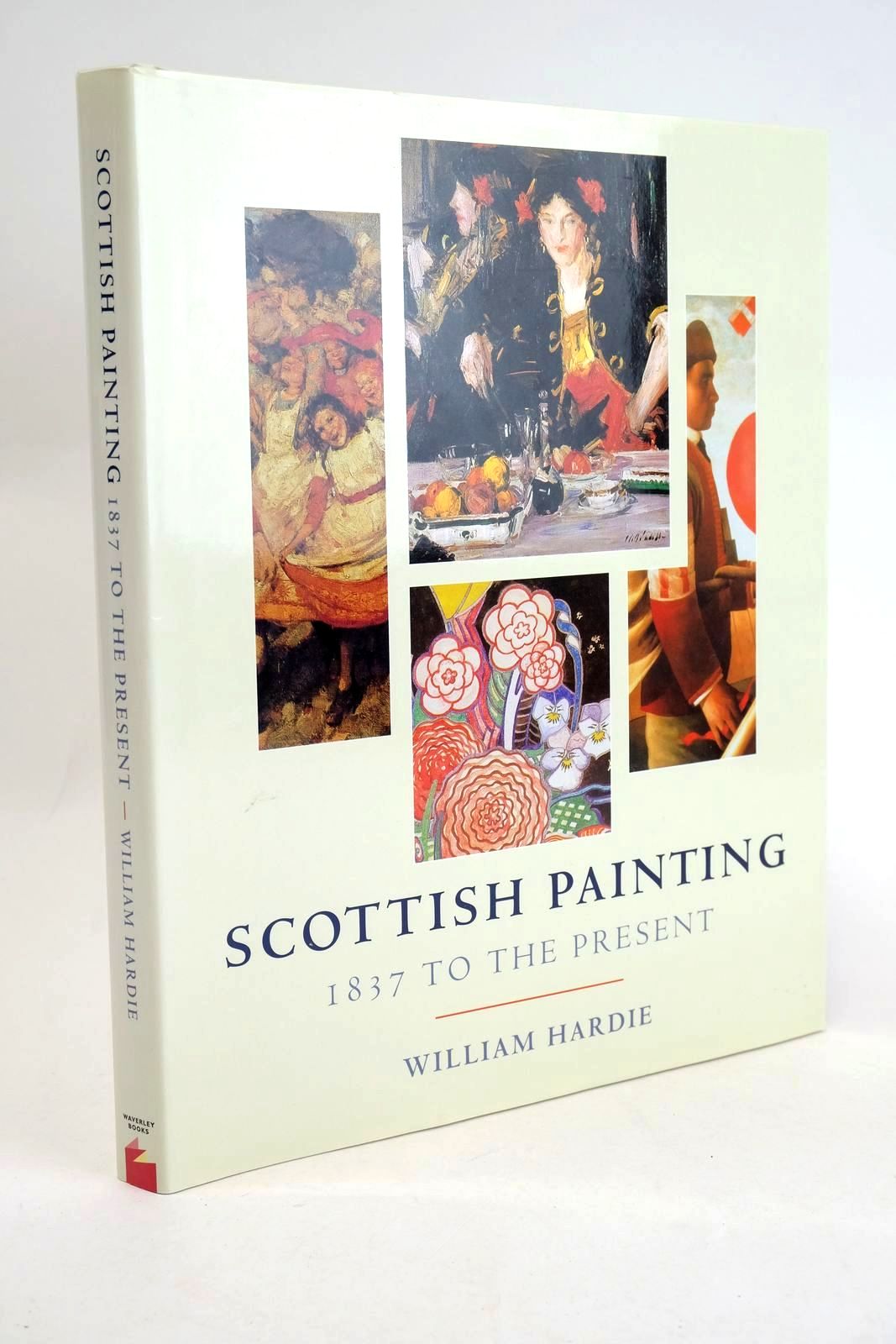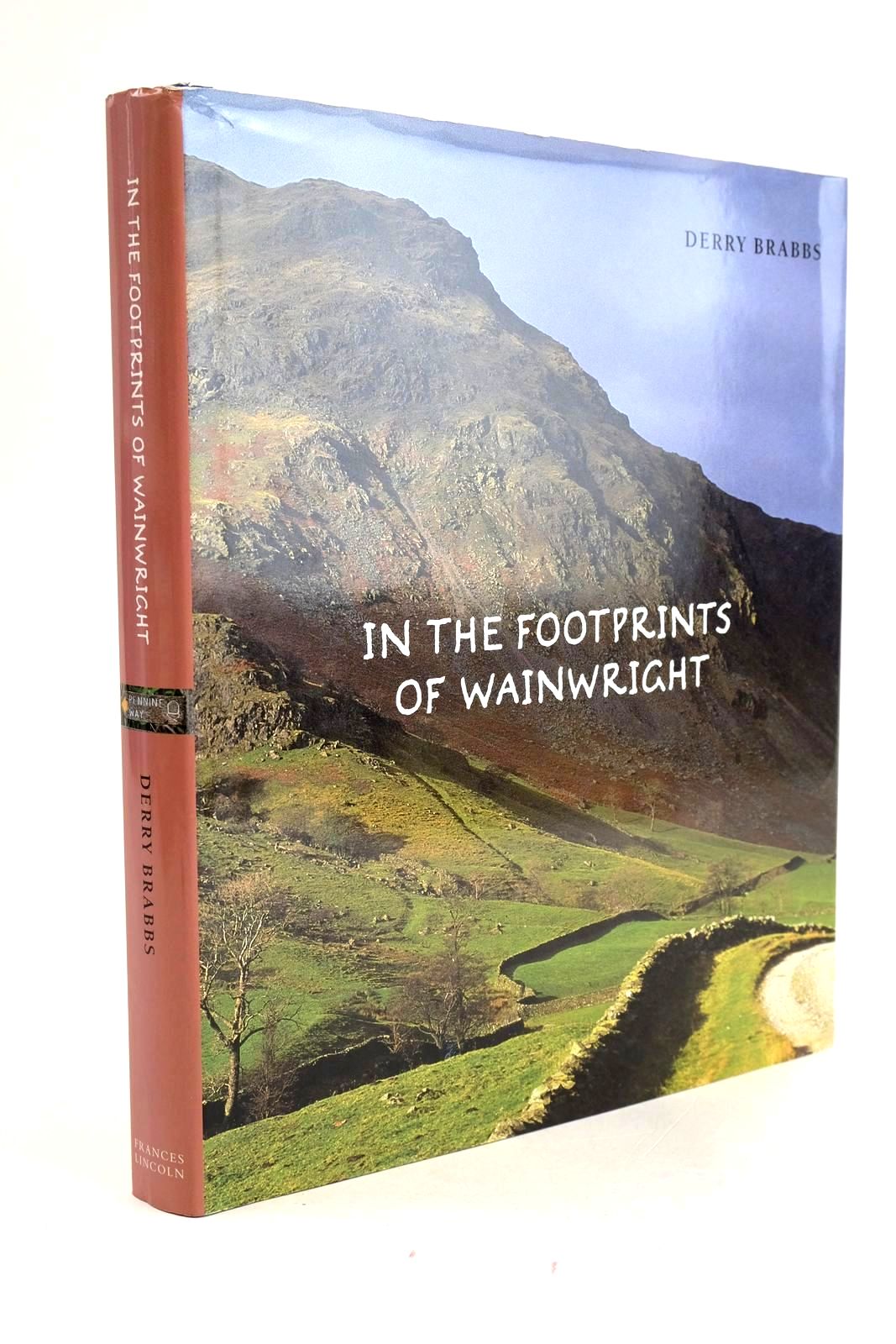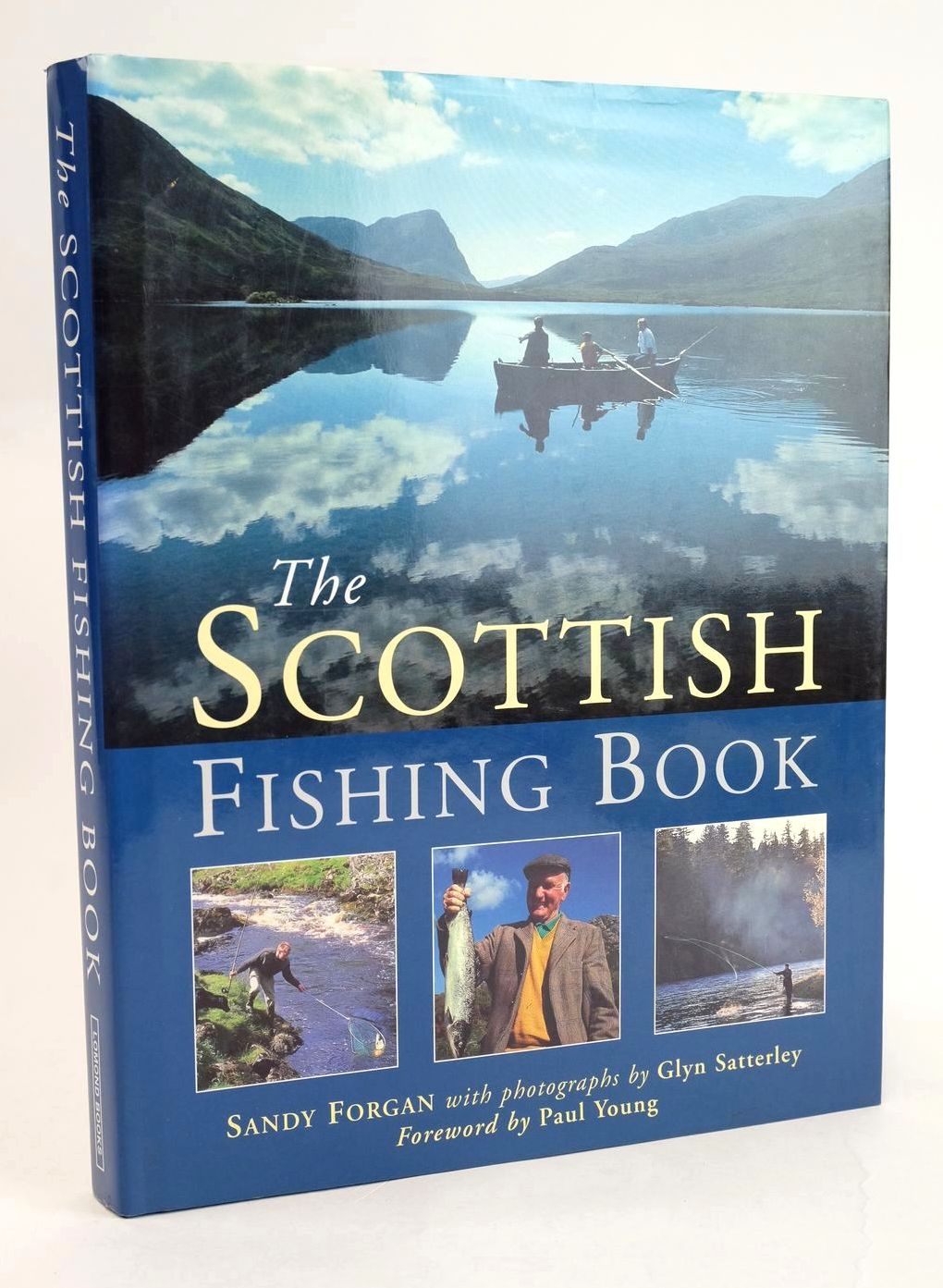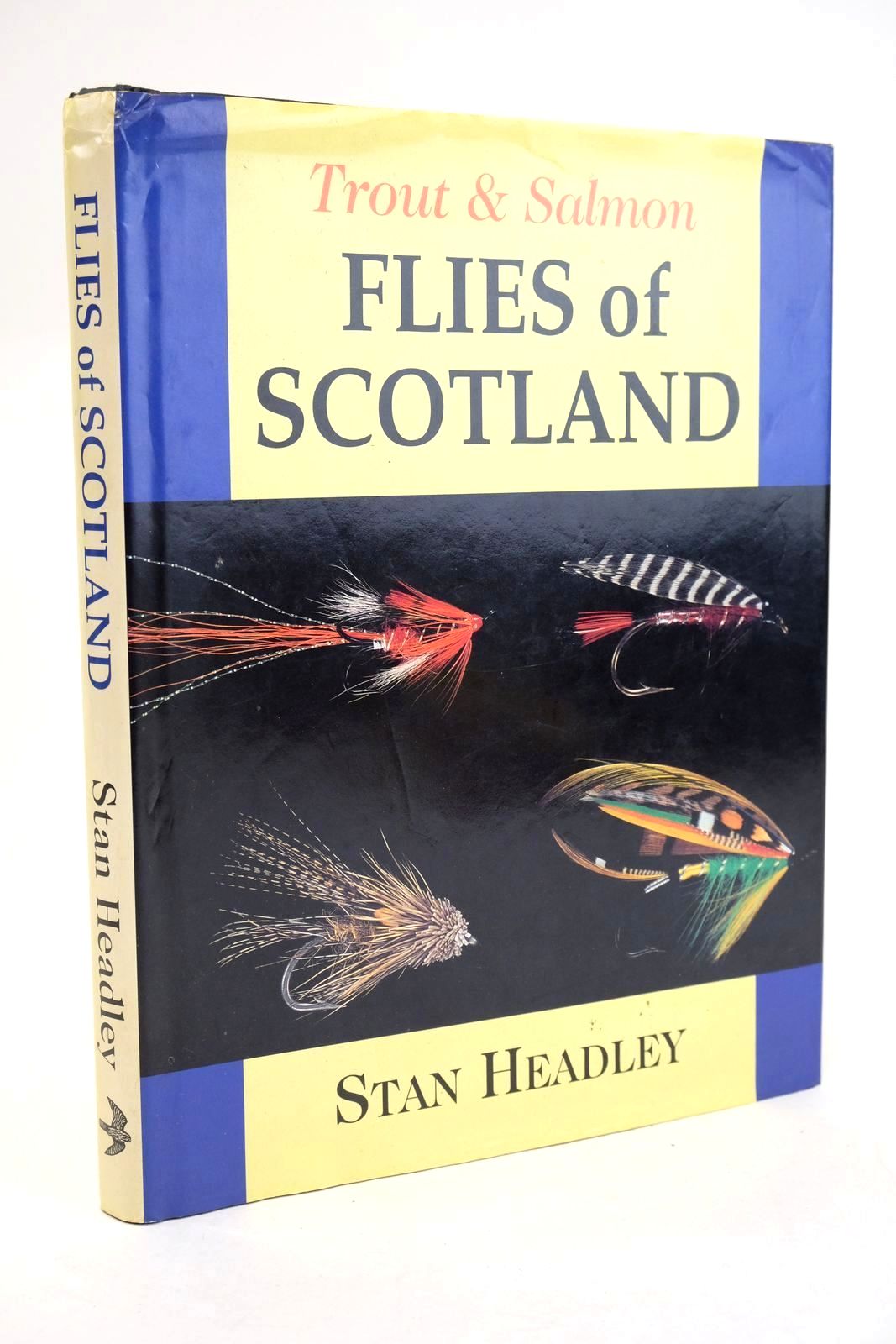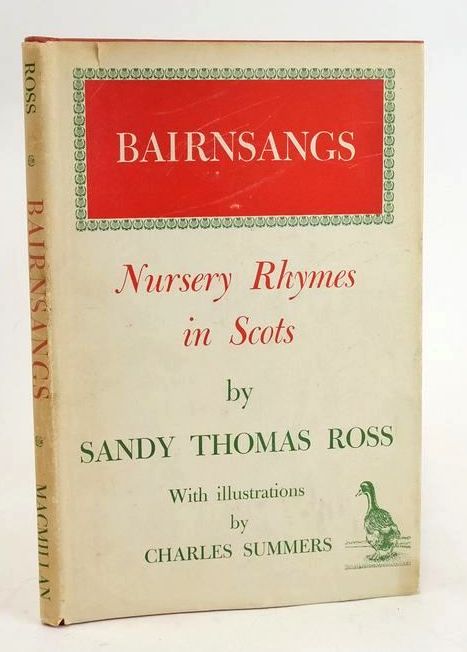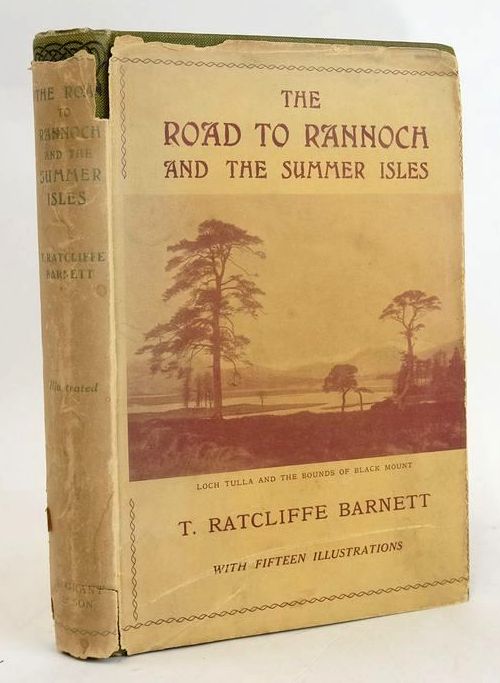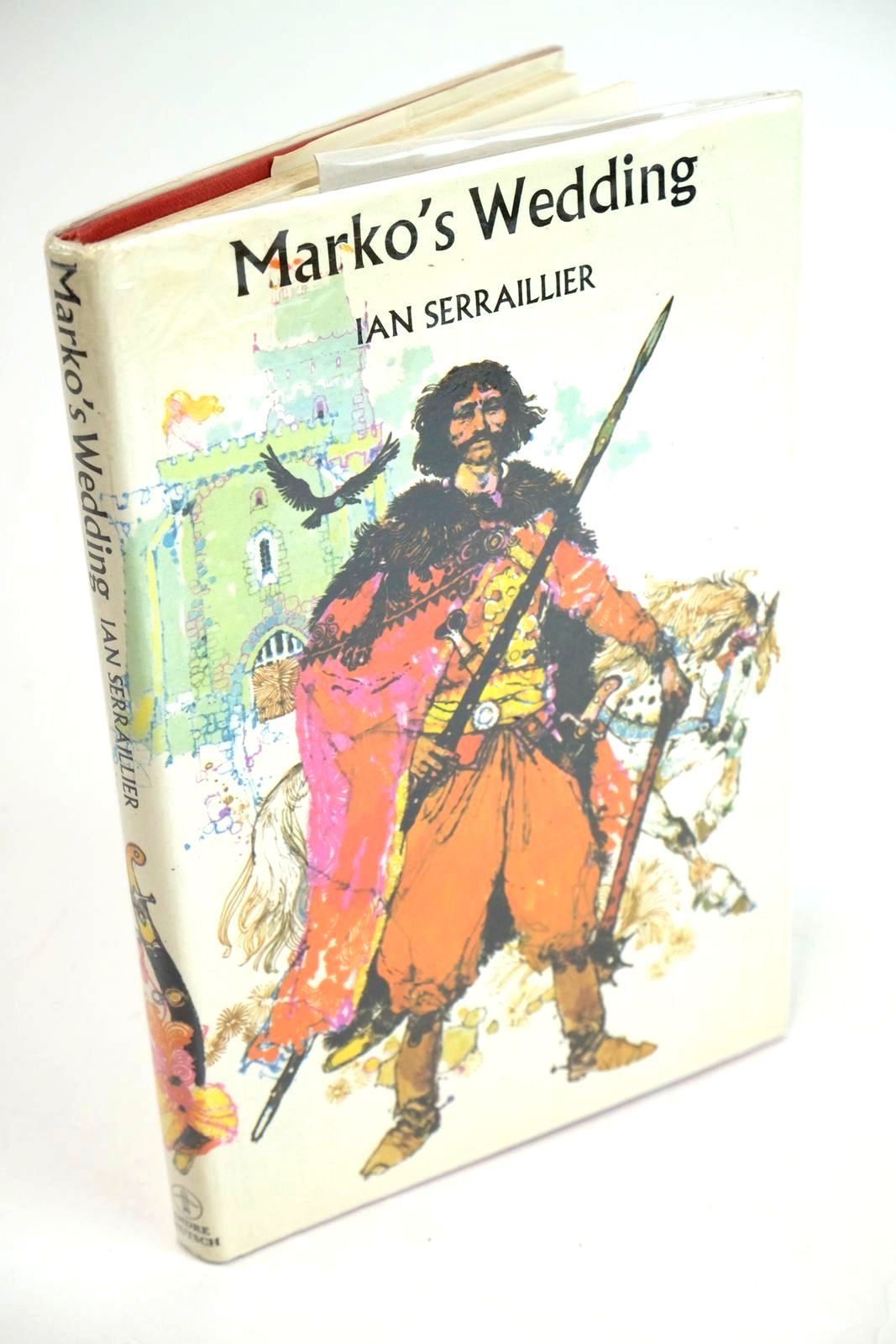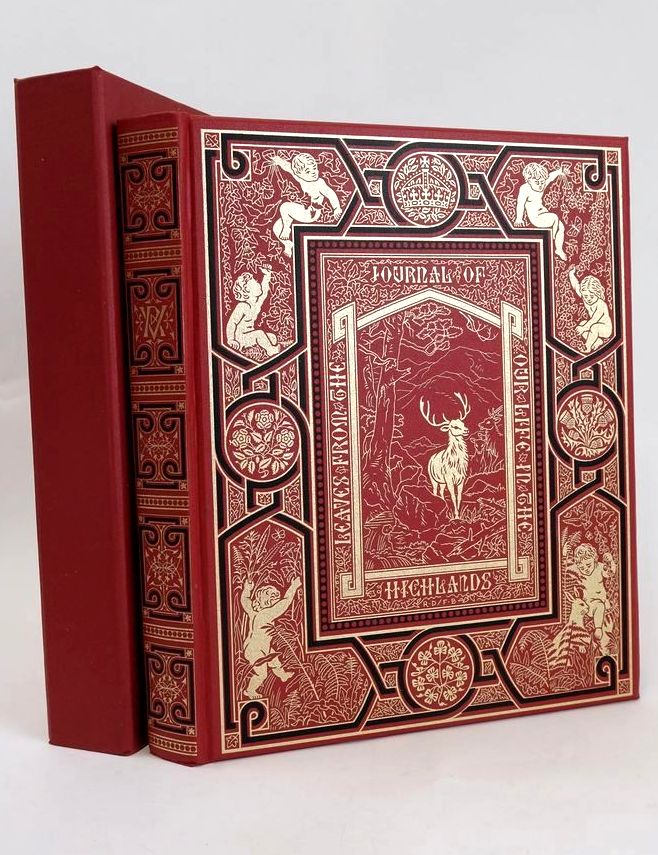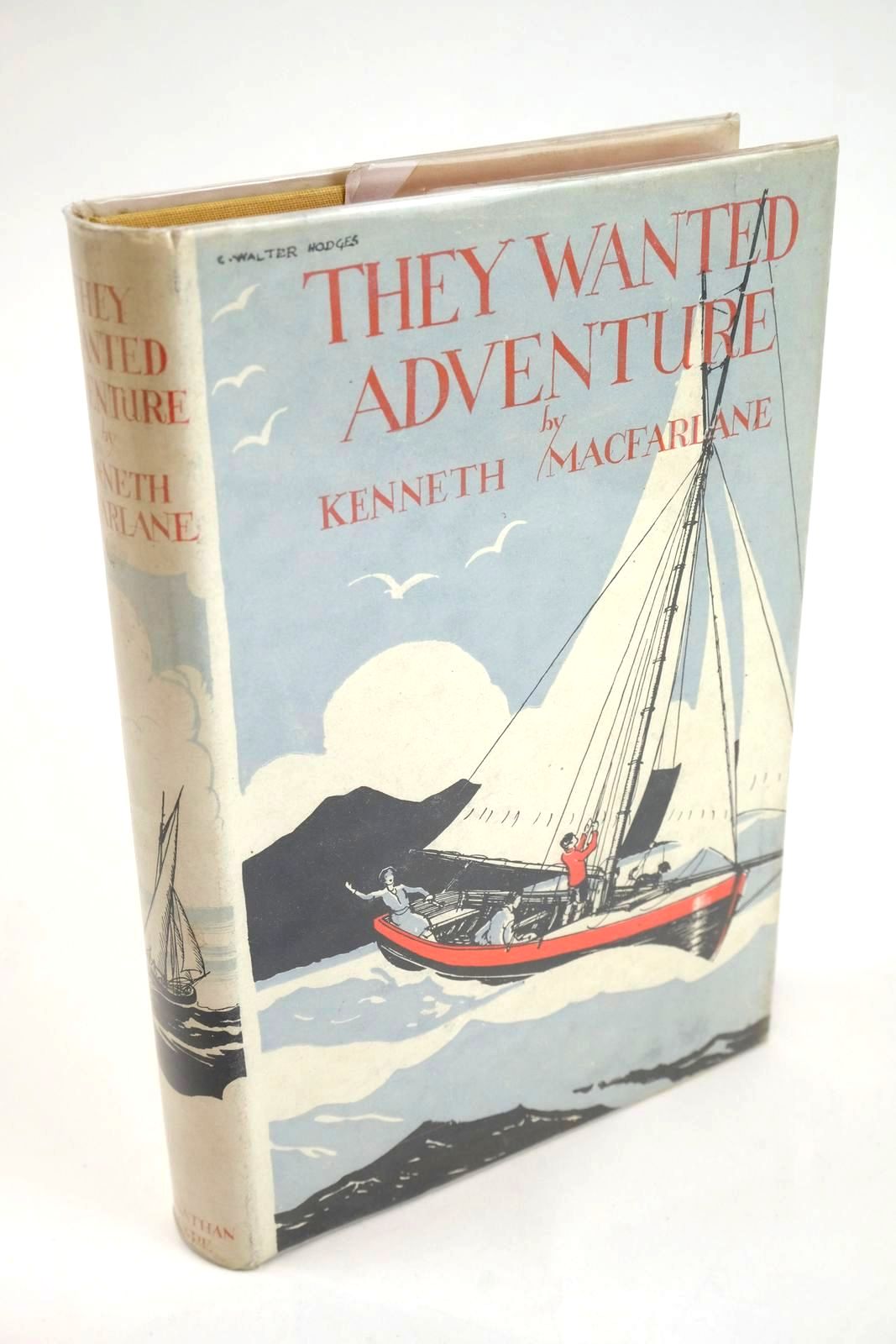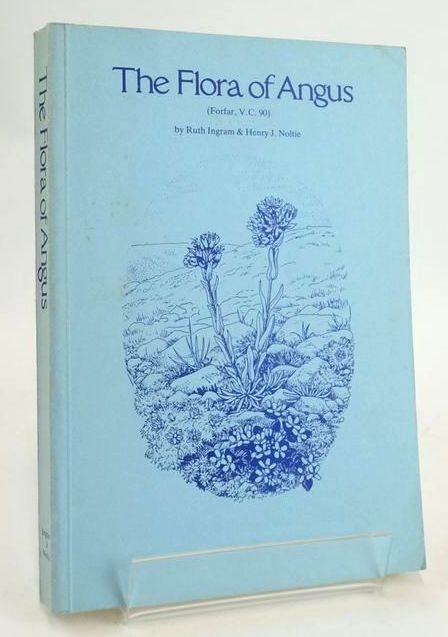Robert Burns
 View current stock of Scotland books
View current stock of Scotland books
Burns.
The very name sets ablaze fierce emotions and reaches the deepest depth of feeling in all Scots. The very name reeks of and is Scotland.
Yet Burns was more. Like Da Vinci, Shakespeare, and Beethoven, Burns rises above limited nationalism to stride the stage of the world. His genius had a universal vision; his humanity embraced the common person world-wide; it goes beyond poetry to understand that the humble ambitions of a mouse are nearer to the grandest ambitions of Man than Man could ever realise.

In 1781 he went to Irvine to master flax dressing but when the small factory that had engaged him burned down he returned home. He had by now written his first poems and discovered the works of the earlier Scottish poets, Robert Fergusson and Allan Ramsay. He had by now also more than discovered the fair sex.
Between 1784 and 1786 Burns produced some of the greatest poems - ‘The Cotters Saturday Night,’ ‘To a Mouse,’ and the savage ‘Holy Willie’s Prayer’ which attacked the attitudes of the then Calvinistic Church of Scotland and also reflected something of the anger and humiliation Burns must have felt over the Church’s actions against him and his developing relationship with Jean Armour. Since her father had forbidden their marriage, Burns planned to emigrate to the West Indies; however, in a juicy irony, he agreed to publish some of his poetry to fund the venture. Published on July the 31st 1786 by John Wilson in Kilmarnock the poems became an immediate success and hurled Burns to fame. He abandoned his plans for the West Indies, never fully set -- Jean Armour in any event had by now borne him twins ‒ and ventured instead to Edinburgh. Here he was lionised by the chattering classes although the straight from the shoulder honesty of Burns perhaps overwhelmed them at times.
In 1787, Burns produced an Edinburgh Edition of his poems and from the proceeds toured the English border region. The next spring he married Jean Armour after she had borne him another set of twins, both of whom died. Still not prosperous he nevertheless secured the lease of a farm at Ellisland which however did not prove to be a profitable undertaking. With the aid of Robert Graham of Fintry he was then appointed to a position in the Excise Service. Gaining a transfer south he surrendered the farm and moved with his family to Dumfries in 1791 (the year of Tam O’Shanter). His family now included his illegitimate daughter by Anne Park whom Jean seems to have been more than willing to rear only commenting ‘Our Robbie should have had twa wives.’



Burns now tirelessly devoted himself to the collecting of traditional Scottish songs and ballads placing over 200 into the Scots Musical Museum run by the music publisher James Johnstone. Steadfastly Burns refused payment for this work which he regarded as a service to Scotland and which inspired some of his own finest verse -- ‘Coming Through the Rye’, ‘Scots Wha Hae’ (which should be Scotland’s national anthem), and ‘A Red, Red Rose,’ amongst others. A supporter of the rights of the common man he was initially a strong champion of the French Revolution as it unfolded from 1789 onwards but when it turned sour he joined the Dumfriesshire Volunteers -- a kind of Home guard of the day formed to counter the possible threat of French invasion -- in 1794.
But Burns' early life of hard toil and struggle - and possibly undernourishment - caught up with him. In 1796 he died from a rheumatic heart disease. A memorial edition of his songs and poems was published shortly afterwards for the benefit of his family - the first of a vast outpouring by him, on him, and about him.
So where stands Burns in the great scheme of things? It is a question that would not have vexed him. He described himself as a rhymer, a ranter, and whether he was the best or the worst would not have bothered him. It is really a question with no answer but one thing is certain that when the next Millennium celebrations come around the strange mixture of electronic, nanobiotic, and genetic engineering that will then pass for Mankind will form a circle, put their paws in each other’s and sing ‘Should auld acquaintance be forgot and never brought to mind? Should auld ----’
And you are right: just like us, they won’t fully understand it either.
Stella & Rose's Books wish to thank Mr. William A. Paterson for his kind submission of this article.
(Published on 20th Jan 2015 )


